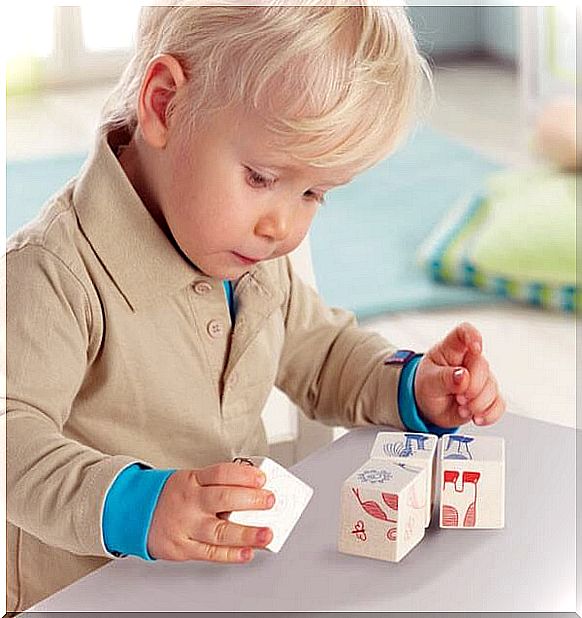A Little Guide To Understanding A Two-year-old

Many parents talk about two years of age as a difficult or even frightening stage in a child’s life. It’s true that there is work to be done to understand a two-year-old – and it can still be an almost impossible task. Those who have not yet encountered this age stage of a child may not know what we are talking about, but every parent who has encountered that episode understands what we mean.
This age is often approached in the wrong way. “It’s essential that the attitude is right,” say parents who have experienced a fight with a two-year-old. It is impossible to understand a child’s special world from an adult’s common sense perspective. As adults, we need to be more flexible with two-year-olds.
At this age, the child does not yet have the ability to put himself in the position of another person, and he is unable to assess the consequences of his own actions. However, the future of the child depends on the reactions of our parents.
That’s why today we want to share a few tips for understanding a two-year-old. This way, parents are better prepared to face this challenging period better – a period that can turn into a nightmare for any parent.
4 tips for understanding a two-year-old

- Your child does not understand boundaries. At this age, there is a rebellion against social norms. The child tests and measures his parents. He investigates what happens if he kicks the table. He plays with food, throws toys and refuses to lift them, throws things on the floor, takes shoes off his feet and even tears clothes off his head. Your child may promise again and again that he or she will no longer behave badly, but he or she will be an obsessive repeat offender. Your child will play and find out where the border goes. The best choice is to ignore the child’s bad behavior and praise his or her good behavior.
- Your child does not understand the dimensions of punishment. Many times it may seem impossible to understand your own two-year-old. He has exhausted all your patience, consumed you in vain, and you no longer know what to do. When you threaten him, he doesn’t seem to care much. But then when you carry out your threat, he turns into a sea of tears. If you think your child doesn’t understand you or doesn’t know how to differentiate between negative and accepted, you’re wrong! He not only knows the consequences of his own actions, nor what the rigidity of punishment means. Do not fail to implement sanctions. Act immediately so he can look at the cause and effect relationship.
- Your child will have a stone face instead of showing gratitude. Maybe your child can’t share, and you decide to give him a gift – the kind of toy he always tries to take from his friends and cousins. And what is your little one’s reaction to this big surprise? Don’t worry, because it’s not that he wouldn’t be happy. He’s just surprised. She is confused by new feelings she has never experienced before: gratitude and immense happiness. In this case, you can just expect your child to grow up so you can prove his joy when he gets something he wants.
- Answers that leave you helpless. If your child – despite their talkativeness – only answers clear questions for you, don’t worry. This is a common phenomenon at that age. It’s hard for your child to sum up or combine things when he or she is faced with “open” questions that require more thinking. Thus, because he does not know how to prioritize or he does not know where to start, he chooses silence. The solution is easy: make your questions more specific and less transparent. Another common answer to questions is “what?”. Don’t worry any more! Your child will just ask for more time to address the issue in their head. His focus is bumpy, and his attention is very easily diverted elsewhere at this age. Attract attention to your questions and speak slowly.

Every child’s behavior is due to a specific reason. Try to keep yourself calm to be able to understand your two-year-old. The solution to all those situations that often make us parents in despair is much simpler than you think. However, with patience, willpower, dedication, and sacrifice, every parent will survive a child’s defiance.









